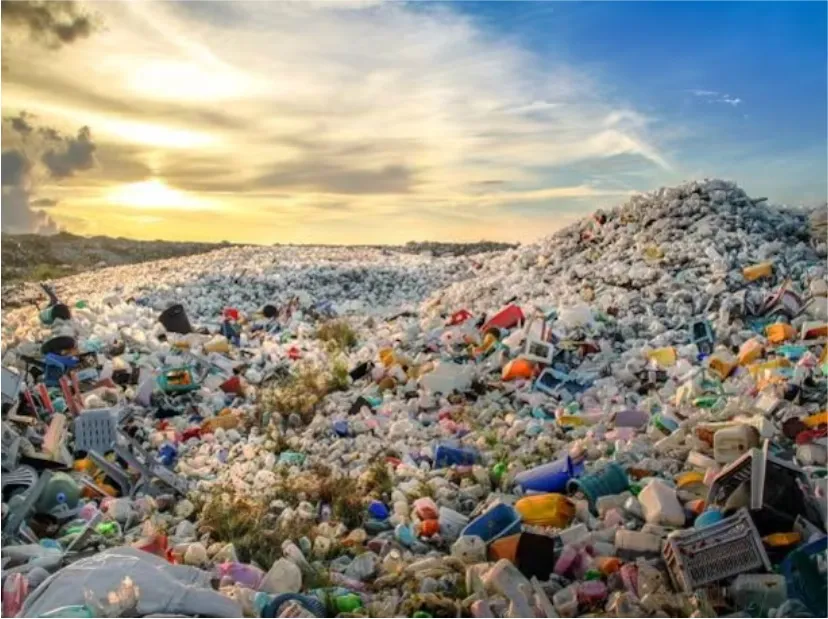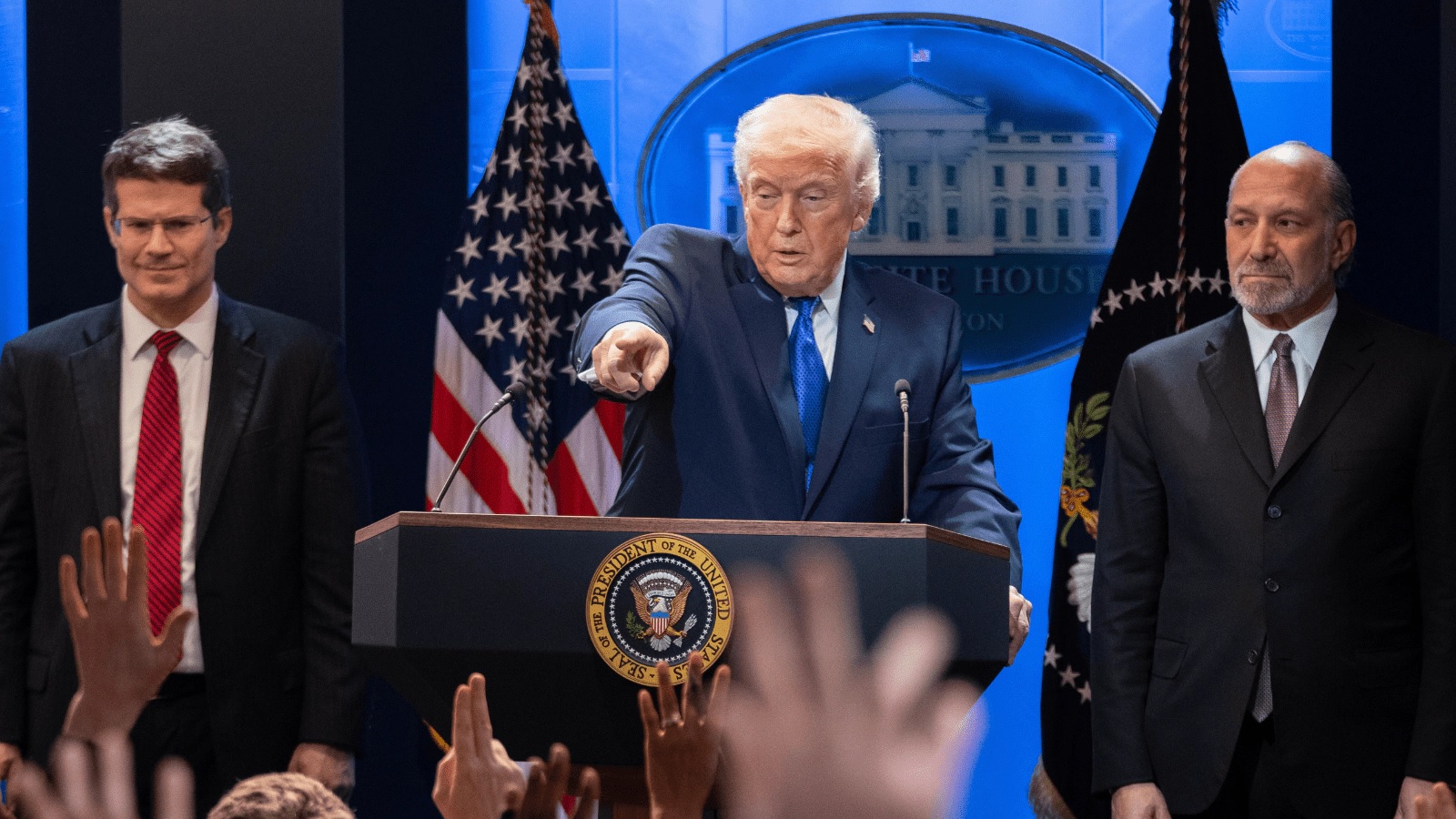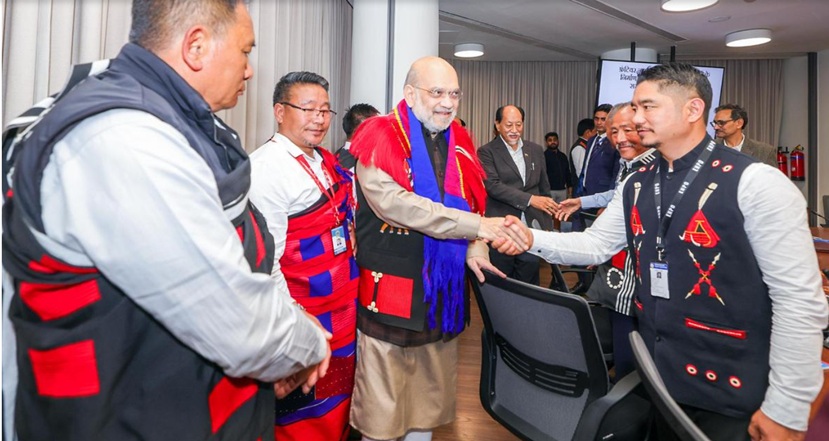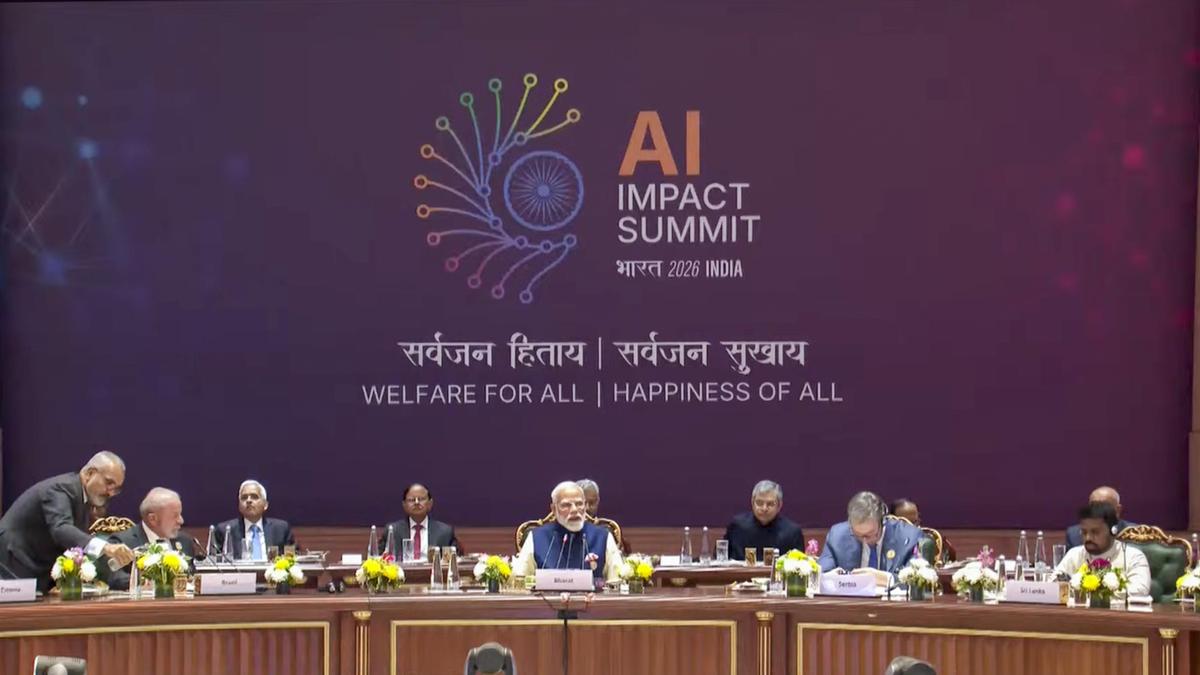What’s in today’s article?
- Why in News?
- What is United Nations Environment Assembly (UNEA)?
- Plastic treaty talks – Background
- Problem with plastics
Why in News?
Global leaders will gather in Canada’s capital -Ottawa – to discuss progress in drafting a first-ever global treaty to rein in soaring plastic pollution by the end of the year. This treaty is expected to be finalized by the end of this year.
If negotiated and agreed upon by members, this treaty could be the most significant deal relating to climate-warming emissions and environmental protection since the 2015 Paris Agreement.
What is United Nations Environment Assembly (UNEA)?
- About
- UNEA is the world’s highest-level decision-making body on the environment.
- UNEA enjoys the universal membership of all 193 UN Member States and the full involvement of major groups and stakeholders.
- It gathers ministers of environment in Nairobi, Kenya every 2 years.
- Creation
- UNEA was created in 2012, as an outcome of the UN Conference on Sustainable Development (Rio+20), held in Brazil.
- Function
- UNEA sets the global environmental agenda, provides overarching policy guidance, and defines policy responses to address emerging environmental challenges.
Plastic Treaty Talks – Background
- At the UN Environmental Assembly in 2022, the world’s nations agreed to develop a legally binding agreement by the end of 2024 to address the world’s plastic pollution crisis.
- The treaty is meant to address plastics through their entire lifecycle – from when they are produced, to how they are used and then disposed of.
Problem with Plastics
- Source of pollution
- Plastic waste has become a global menace polluting landscapes and waterways, producing plastics involves releasing greenhouse gas emissions.
- Contribution in global carbon emissions
- The plastic industry now accounts for 5 per cent of global carbon emissions, which could grow to 20 per cent by 2050 if current trends continue.
- Increased plastic production
- Plastic production is on track to triple by 2060 – unless the treaty sets production limits, as some have proposed. Most virgin plastic is derived from petroleum.
Negotiation in Ottawa
- Challenges
- Countries have become divided on the issues during three previous rounds of talks – held in Punta del Este, Uruguay, Paris and most recently in Nairobi.
- At the Nairobi talks, in November 2022, the draft treaty under review ballooned from 30 pages to 70 as some countries insisted on including their objections to more ambitious measures like production limits and phase-outs.
- Countries are now under pressure to find common ground before the final negotiations are held in December in Busan, South Korea.
- What do countries want in the treaty?
- Demands of group of Like-Minded Countries
- Many plastic and petrochemical-producing countries have opposed mentioning production limits.
- These countries include Saudi Arabia, Iran and China and are known collectively as the group of Like-Minded Countries.
- Demands of High-Ambition Coalition
- The 60-nation High-Ambition Coalition, which includes EU countries, island nations, Japan and the UAE, wants to end plastic pollution by 2040.
- This coalition has called for common, legally binding provisions to restrain and reduce the production and consumption of primary plastic polymers to sustainable levels.
- They also are proposing measures such as phasing out problematic single-use plastics and banning certain chemical additives that could carry health risks.
- Demands of group of Like-Minded Countries
- What does the petrochemical industry want?
- The major petrochemical producers argue that:
- production caps would lead to higher prices for consumers, and
- the treaty should address plastics only after they are made.
- These companies want to focus on encouraging the reuse or recycling of plastics, and on developing the market for burning plastics as fuel.
- In terms of transparency about chemicals used in production, the group says companies should be allowed to disclose those chemicals voluntarily.
- The major petrochemical producers argue that:
- What do corporate brands want?
- More than 200 consumer-facing companies including Unilever, PepsiCo and Walmart have joined the so-called Business Coalition for a Plastics Treaty.
- Like the petrochemical industry, these companies that rely on plastic packaging for their products have been a major presence in the plastics negotiations.
- But they support a treaty that includes production caps, use restrictions and phase-outs, reuse policies, product design requirements, extended producer responsibility, and waste management.
Related Topics:
- How to Deal with the Plastic Waste Menace?
- Plastic Waste Management (Amendment) Rules 2024
- What are Microplastics?
Q.1. What are single plastics?
Single-use plastic products include plastic and polystyrene food and beverage containers, bottles, straws, cups, cutlery and disposable plastic bags that are designed for or intended to be used once and discarded.
Q.2. What is 2015 Paris Agreement?
The Paris Agreement is an international treaty on climate change that was adopted in December 2015 at the United Nations Climate Change Conference (COP21) in Paris, France. The agreement aims to reduce the emission of gases that contribute to global warming and to tackle climate change and its negative impacts.
Last updated on February, 2026
→ UPSC Notification 2026 is now out on the official website at upsconline.nic.in.
→ UPSC IFoS Notification 2026 is now out on the official website at upsconline.nic.in.
→ UPSC Calendar 2026 has been released.
→ UPSC Final Result 2025 is expected to be released in the second week of April 2026.
→ Check out the latest UPSC Syllabus 2026 here.
→ Join Vajiram & Ravi’s Interview Guidance Programme for expert help to crack your final UPSC stage.
→ UPSC Mains Result 2025 is now out.
→ UPSC Prelims 2026 will be conducted on 24th May, 2026 & UPSC Mains 2026 will be conducted on 21st August 2026.
→ The UPSC Selection Process is of 3 stages-Prelims, Mains and Interview.
→ Prepare effectively with Vajiram & Ravi’s UPSC Prelims Test Series 2026 featuring full-length mock tests, detailed solutions, and performance analysis.
→ Enroll in Vajiram & Ravi’s UPSC Mains Test Series 2026 for structured answer writing practice, expert evaluation, and exam-oriented feedback.
→ Join Vajiram & Ravi’s Best UPSC Mentorship Program for personalized guidance, strategy planning, and one-to-one support from experienced mentors.
→ Check UPSC Marksheet 2024 Here.
→ UPSC Toppers List 2024 is released now. Shakti Dubey is UPSC AIR 1 2024 Topper.
→ Also check Best UPSC Coaching in India




















